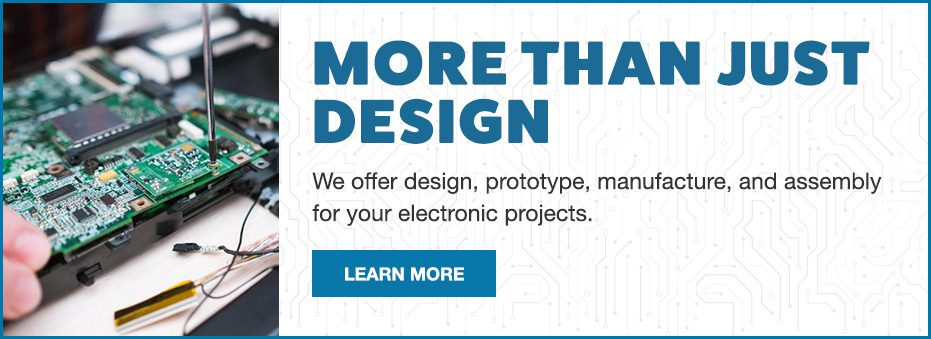Is a Flexible PCB Necessary for Your Project?
Flexible PCB technology is continually growing, with applications found in the automotive industry, consumer products, medical devices, wearables, telecommunications, and aerospace. The introduction of flexible PCBs has revolutionized the interconnection techniques we use when connecting multiple parts of the same circuit together or when connecting multiple electronic devices to function as one. Flexible PCBs allow a significant reduction of space, weight, and costs compared to an equivalent device built with rigid PCBs. Due to the flexible nature of the connection, its compactness, and the high density of electrical connections that can be accomplished in such a small footprint, flexible PCBs are becoming more widely used in many industries.
![]()
As electronics and other consumer items decrease in size, flexible printed circuit boards are projected to increase in importance. The reason they haven’t met their peak popularity with manufacturers yet is because many electronic product developers are still unaware of their benefits. Now is the perfect time to step out of the dark and start recognizing the advantages of using flexible PCBs in your next build.
Cost Effective
The most demanding applications call for rigid-flexible PCB, designed to withstand the most hostile environments. While these are typically the most expensive type of flex PCB, the benefits they provide make them more cost effective in the long run.
Flexible PCBs can eliminate the need and expense of connectors and cables, improving connection reliability and reducing assembly time, costs, and total device dimensions.

Reduced Weight
Flexible PCBs weigh less than rigid PCBs. Flexibility is in the name, so flex PCBs can be bent and flexed, allowing greater freedom in the design and operation of the application. Flexible PCBs can also adapt to small or irregularly shaped spaces, a feat not made possible by standard rigid circuits. Another advantage to flexible PCBs is they consume less space, reducing the weight on the application’s motherboard. The optimal use of the extra spaces allows for better thermal management, reducing the amount of heat dissipated.
Absorbs and Reduces Vibrations
Flexible PCBs can survive high levels of shock and vibration. They can also survive thousands of bends or flexes. Flexible PCBs allow increased circuit density while decreasing necessary assembly operations that might be involved with a regular circuit board.
Flexible PCBs allow designers to design a product that best fits its application versus being forced to work the finished product around the PCB. This gives engineers the freedom to design an optimal product. While flexible PCBs may be more expensive than rigid, the other advantages they bring to the design and manufacture process can easily cancel out any cost concerns.
Resistant to Water and High Temperatures
Compared to rigid PCBs, flexible PCBs can prove more reliable and long-lasting, especially in applications where circuits are subject to continuous environmental and mechanical stress. The standard interconnection techniques based on soldered wires and hand-wired connectors are replaced by flexible printed circuits containing less weight and thickness that are also resistant to water and high temperatures.
In addition, the use of flex PCBs can reduce the incidence of human errors during wiring, resulting in consistent quality. Flexible PCB technology is responsible for dramatically reducing both the size and weight of the application, a main factor for the creation of reliable, compact, and highly integrated electronic devices.
Applications Requiring Multiple Boards
Flex PCBs are ideal for use in electronic devices featuring several connections between rigid boards. For example, in the medical industry these boards are critical for dense and micro packaging where there isn’t space for connectors. Often when assemblies get crowded, with more than four connected boards, it’s much more optimal and cost effective to replace them with a rigid flexible PCB.
Does Your Project Need a Flexible PCB?
Rigid printed circuit boards are the perfect choice for some applications, and the right ECM partner will help you figure out the best design for your next build. Flexible PCBs provide the ability to truly customize your PCB projects with an innovative approach.
Start Your Quote Now!Here at Levison Enterprises we utilize the latest in traditional and flexible PCB technology, designed to provide exactly what your product needs. Contact Levison Enterprises today to discover the many ways our turnkey process can help you build a better product.